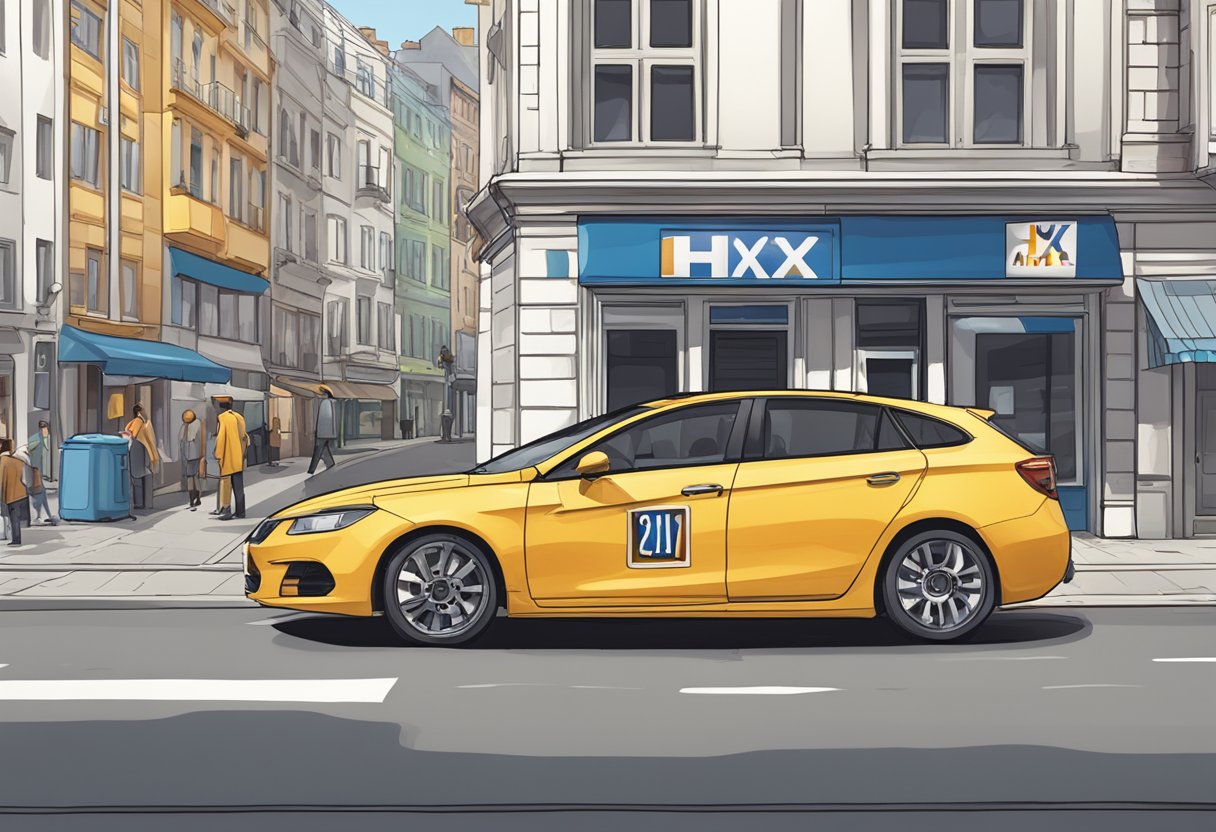Hydrogen vs Electric Cars: A Comprehensive Comparison
As the automotive industry shifts towards greener technology, the debate between hydrogen cars and electric vehicles (EVs) continues to gain prominence. This article delves deeper into the specific questions surrounding hydrogen vs electric cars, exploring their technology, infrastructure, environmental impact, and future prospects.

Hydrogen vs Electric Cars: A Comprehensive Comparison
Introduction
With the global push for sustainable transportation, consumers and manufacturers alike are exploring their options in hydrogen and electric cars. This article answers key questions and provides insights into which technology might dominate as we move towards a greener future.
1. How Do Hydrogen and Electric Cars Differ in Technology?
Hydrogen cars use hydrogen fuel cells, which produce electricity through a chemical reaction between hydrogen and oxygen. This process emits only water vapor as a byproduct, making hydrogen vehicles very clean. In contrast, electric cars use battery electric systems where electricity from various sources is stored in batteries and used to power electric motors.
2. What Are the Advantages of Hydrogen Cars Over Electric Cars?
Hydrogen cars offer several benefits that might make them preferable in some scenarios:
- Refueling Speed: Hydrogen cars can be refueled in about 5 minutes, similar to conventional gasoline vehicles, while electric cars often require longer charging times, especially with standard home chargers.
- Range: Hydrogen vehicles typically offer longer driving ranges (around 300-400 miles) on a single tank compared to many electric cars, which usually have ranges around 200-300 miles per charge.
- Performance in Cold Weather: Hydrogen fuel cells can operate effectively in colder temperatures, whereas battery efficiency can drop significantly in colder climates.
3. What Are the Advantages of Electric Cars Over Hydrogen Cars?
Despite the above-mentioned benefits of hydrogen, electric cars have their own significant advantages:
- Infrastructure: There is a more developed charging infrastructure for electric vehicles, making them easier to charge in urban and suburban areas compared to the limited hydrogen refueling stations which are currently available.
- Energy Efficiency: Electric cars convert over 70% of electrical energy from the grid to power at the wheels, whereas hydrogen fuel cells convert about 20% of the energy from hydrogen fuel into movement.
- Cost of Production: The production of electric vehicles is becoming increasingly cost-effective due to advancements in battery technologies, while hydrogen production, especially green hydrogen, faces challenges in terms of costs and scalability.
4. What About Environmental Considerations?
Both hydrogen and electric cars aim to reduce emissions; however, their environmental impact can vary widely based on production methods:
- Hydrogen Production: Most hydrogen today is produced from natural gas (grey hydrogen), releasing CO2 in the process. However, green hydrogen, which is generated through renewable energy sources like electrolysis, is gaining traction.
- Electricity Source: The carbon footprint of electric cars largely depends on how the electricity is generated. In regions where electricity comes from renewable sources, the environmental benefits are substantial. Conversely, in areas reliant on fossil fuels, electric cars may not be as green.
5. What Is the Future of Hydrogen vs Electric Cars?
The future landscape of automotive technology is still being shaped, but several trends can be identified:
- Investment Trends: Major automotive manufacturers are investing heavily in both technologies, but EVs currently receive more support due to existing infrastructure and a growing consumer base.
- Government Policies: Many countries are setting ambitious targets for electric vehicle adoption while also exploring hydrogen initiatives, suggesting a dual-fuel approach might emerge, where both technologies coexist and cater to different needs.
- Technological Advancements: Continuous improvements in battery technology, hydrogen production methods, and fuel cell efficiency are likely to impact the competitiveness of both hydrogen and electric cars.
6. Which Should You Choose? Hydrogen or Electric?
Choosing between hydrogen and electric cars largely depends on personal needs and external factors. If you prioritize quick refueling and a longer range with existing infrastructure, a hydrogen car could be the choice for you. On the other hand, if accessibility, cost-effectiveness, and a vast charging network are critical factors, electric vehicles are likely the more practical option at present.
Conclusion
In conclusion, while both hydrogen and electric cars are essential in the shift toward sustainable transportation, their adoption will vary based on technology advancements, market readiness, and consumer preferences. Keeping an eye on innovations and regional infrastructure developments will be crucial in making an informed decision between these two green technologies.
New posts

The Rise of E-Mobility Start-Ups: Transforming the Future of Transportation
Electric Vehicles

Understanding the Percentage of Electric Cars in Norway: A Comprehensive Analysis
Sustainability

Exploring Electric Car Battery Swap Stations: A Revolutionary Solution for Sustainable Transportation
Electric Vehicles

Latest E-Mobility News: Trends, Innovations, and Insights
Sustainability

The Future of Performance: Exploring Audi Quattro Electric Technology
Sustainability

Understanding Bio Hybrids: Revolutionizing Biotechnology
Technology

Bio Hybrid vs Electric: Which Is the Future of Sustainable Driving?
Innovation

Exploring the Audi Quattro Electric Range: Performance, Efficiency, and Features
Electric Vehicles

Audi Quattro Electric vs Tesla Model Y: A Comprehensive Comparison
Electric Vehicles

What to Expect from Bio Hybrid Cars in 2025
Sustainability
Popular posts

The Rise of Polestar Motorcycles: A Comprehensive Look at This Exciting New Player
Sustainability

Maximize Your EV Experience with a Wallbox Garage: All You Need to Know
Home Improvement

Exploring NIO Power Swap Stations: Revolutionizing EV Ownership
Sustainability

Exploring Apple Project Titan: The Future of Autonomous Vehicles
Innovation

How Do Electric Car Incentives Work? A Detailed Guide
Sustainability

The Rise of Eco-Friendly SUVs: What You Need to Know
Sustainability

Hydrogen vs Electric Cars: A Comprehensive Comparison
Sustainability

The Latest Insights and Trends in EVNews: Your Go-To Source for Electric Vehicle Updates
Sustainability

Unveiling the Latest E-Mobility Trends in Europe
Technology

Exploring the World of EV Magazines: Your Ultimate Guide
Sustainability